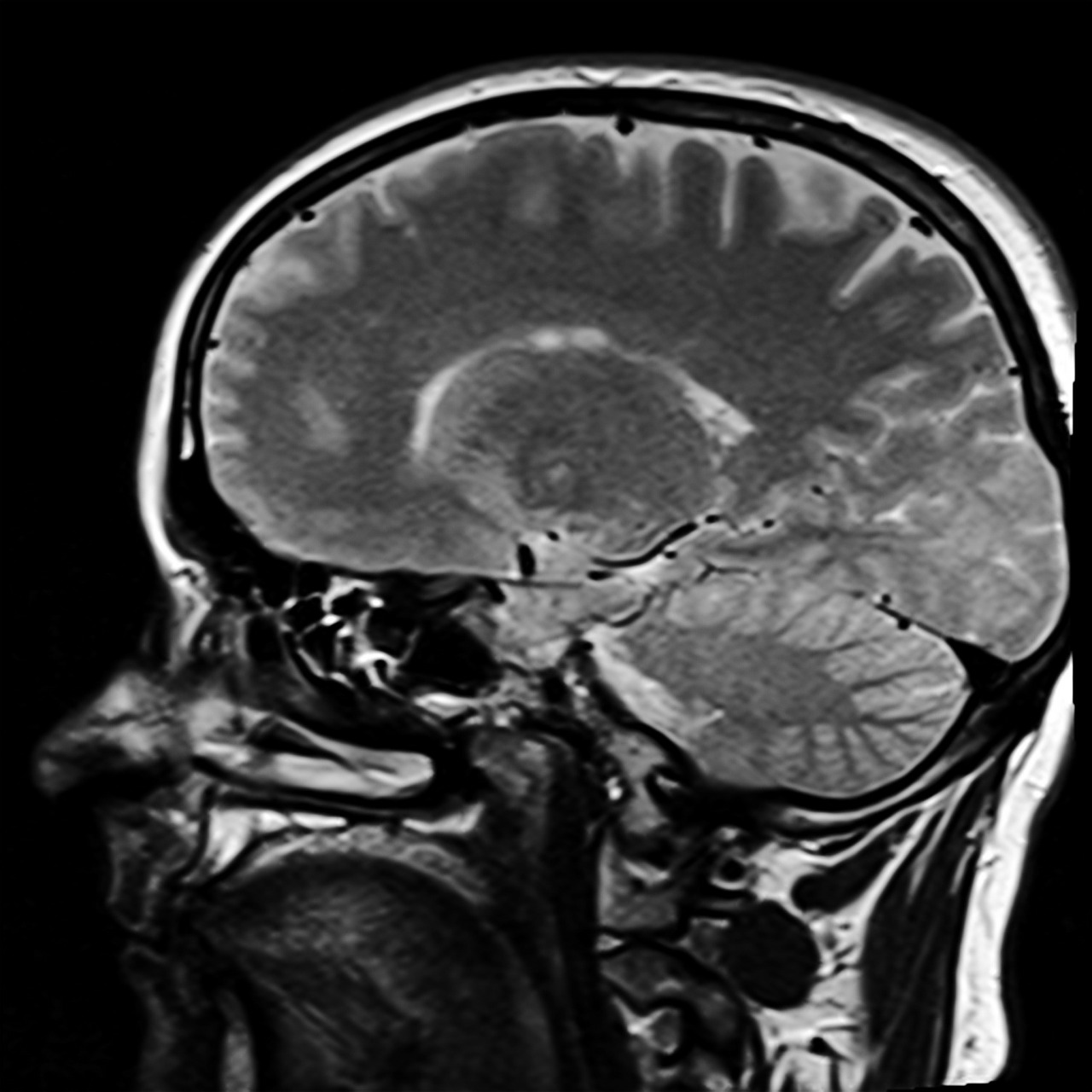-
What is color (in vision)?

Roses are red, Violets are blue, And you probably think That the sky is blue too. Color, however, exists only in the mind: Color is our experience that maps onto the physical luminance properties of visible light and visible-light reflectance properties of objects. Psychologists call this color perception, to recognize that color is more a property…
-
Graduate Program Interviews: Cognitive Psychology

So you applied to PhD programs in Psychology in the fall, with some kind of interest or focus in cognitive psychology – memory, attention, perception, thinking, learning, cognitive neuroscience, computational modeling of cognition, etc. Now interviews are coming up. Want to get the inside scoop on the interviewing/decision process? What questions to ask, what to…
-
Former Israeli Prime Minister’s Significant Brain Activity – How Do We Know?

Israeli scientists and UCLA’s Dr. Martin Monti recently found that former Prime Minister Ariel Sharon demonstrates significant brain activity. Seven years ago Sharon suffered two strokes. The second stroke caused him to lose most of his consciousness. Sharon is in a minimally conscious state, a little more aware than a coma or a persistent vegetative…
-
How do I improve my memory? Honest advice for older adults.
I find working with older adults to be extraordinarily rewarding. The anecdotes, the advice, the good sense – I love them all, even when they’re unsolicited. Because of all the wonderful things my older participants bring into the lab to share with me, I frequently feel the need to give something back. To that end,…
-
Flashbulb Memories: Traumatic Events and the Details We Remember
This past weekend, many of us took some time to remember the events of September 11, 2001. Between all of the news specials, memorial openings, and documentaries, many of you probably also thought about your personal experience of the day. Where were you when you found out? What were you doing? Who was with you?…
-
Desirable Difficulties in Math Teaching
Continuing in the spirit of my last post, which overviewed the desirable difficulties literature, and Carole Yue’s recent post on how desirable difficulties can improve induction tasks, today I’m highlighting some recent research on applying such difficulties to math learning and practice. As a quick recap, desirable difficulties are adjustments to teaching that slow down…
-
ADHD and Memory: Differences in What is Remembered
Children with attention deficit hyperactivity disorder or ADHD (formerly known also as ADD) are classically seen as the kids in class who have trouble staying in their seats and paying attention during long lessons. Underlying these problematic behaviors is a confluence of factors, with evidence pointing to genetics, neural function, and environmental factors (including parenting…